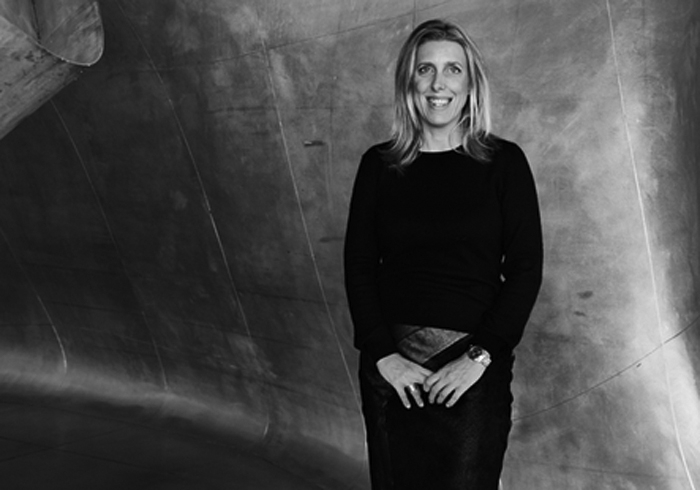Emma Lavigne is the new director of the Palais de Tokyo, making her the first woman to run the Paris institution since its foundation in 2002. Lavigne takes over from Jean de Loisy, who left in January to run the École Nationale Supérieure des Beaux-Arts after seven years in the role, himself succeeding to Marc-Olivier Walher, and founding directors Nicolas Bourriaud and Jérôme Sans before that. As the French artworld comes under increased scrutiny for favouring white middle-aged men at the head of public institutions, Lavigne feels like a strategic choice for the Palais de Tokyo, while her connection to the Centre Pompidou, where she served as curator from 2008 to 2014 before being named director of the Centre Pompidou-Metz in the east of France, are perceived by some as an asset in a bid to create more synergies between the two institutions.
If ArtReview was skeptical about her 2017 edition of the Lyon Biennale (it so happens the 2019 iteration is being curated by the Palais de Tokyo team of curators; it’s a (very) small world apparently), Lavigne has nonetheless earned a reputation with strong art-historical and institutional credentials, having curated modern and contemporary art exhibitions at the Pompidou, including influential monographic shows like the 2013 Pierre Huyghe retrospective in Paris or the current Rebecca Horn survey in Metz. Her years at the Cité de la Musique (2000–8) also bear an influence on her artistic predilections, often exploring the intersections of art, sound and music (notably curating the work of Céleste Boursier-Mougenot for the 2015 French Pavilion at the Venice Biennale).
But the model of the Palais de Tokyo makes it a decidedly different kind of challenge for Lavigne. Functioning like a kunsthalle (read edgy art centre without a collection), its programming is focused on young to midcareer artists shows, and many worry that Lavigne’s more ‘conservative’ background might be problematic. Yet her biggest challenge will most likely be securing profitable partnerships and fundraising for an institution whose funding structure is increasingly reliant on private money.
Lavigne was selected from an open call shortlist comprising of Simon Castets, and Dorothée Dupuis and Gaël Charbau, who applied jointly.
23 July 2019
